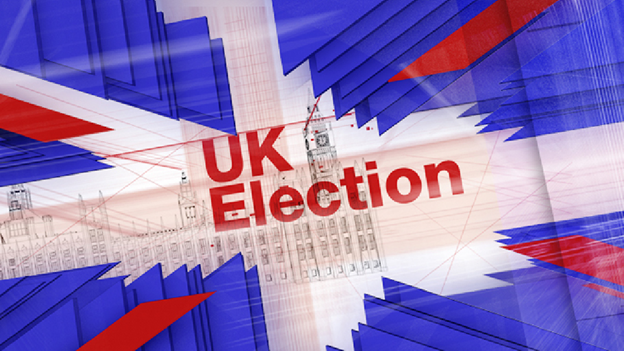Which party will come out on top: Conservative, Labour, or SNP & others? It’s the big question everyone is asking, but I’m not holding my breath. Regardless of the election outcome, like many Brits, I don't foresee significant change ahead. It’s becoming increasingly hard to believe that the UK political class will make substantial progress in addressing the monumental challenges. The administration and political decision-making have steadily deteriorated, leaving little hope for redemption under current governance.
Immediate Issues Ignored
The immediate issues facing Brits—soaring prices, rising cost of living, housing crises, low wages, immigration challenges, slowing economic growth, Healthcare and rising unemployment—are largely ignored by most politicians. The political slugfest we've witnessed in recent years paints a grim picture, suggesting that little positive change will follow the elections. It appears that only the faces on the Parliament benches may change.
The UK’s Downfall: How Did We Get Here?
How did the UK, once a superpower and colonial giant, with vast resources and unmatched intellect, descend into a nation grappling with widespread problems, mounting national debt, and a diminished global reputation? Several factors have contributed to this decline:
From Colonial Riches to Self-Limited Governance
The wealth that flowed from the British Empire supported industrial and economic development for years. However, the decline of colonization shifted the economic burden onto British society. Today, foreign investment plays a crucial role in stabilizing the UK’s economy, while British citizens struggle with rising costs and stagnant wages.
Inclusion and Exclusion in Europe
EU membership offered limited benefits to the UK, tying it to a union that often made sluggish decisions and imposed larger welfare schemes that did little to benefit the UK specifically. Brexit exacerbated these issues, undertaken without sufficient planning or foresight. The fallout continues to burden the British government with cumbersome negotiations and few tangible benefits.
Big Expense, Little Result
UK governance has become a drain on time and resources, yielding minimal results. Bureaucracy has grown ineffective and slow, prioritizing inclusion over innovation and efficiency. Successive administrations have hindered crucial decisions, wasting valuable time and opportunities.
Enormous Defence Spending
The UK’s involvement in costly wars abroad, like Iraq and Afghanistan, has drained resources without yielding positive economic returns. Taxpayers foot the bill, while global opinion turns increasingly against British military interventions at times even depriving UK of significant economic cooperations.
Ineffective Political Leadership
Since Margaret Thatcher, effective leadership has been in short supply. UK leaders seem increasingly disconnected from reality, lacking the credibility and foresight needed to enact meaningful change. The country has lost a unified political voice for development and growth, with recent leaders exacerbating economic woes through misguided policies and inertia.
A Shift in Alliances
Once a stalwart for British interests, the UK now aligns closely with US policies, sometimes to the detriment of its own economy and global standing. This alignment has isolated the UK from potential growth partners in emerging economies, limiting its economic potential.
A Personal Perspective
Having spent over a decade with a British organization and traveling extensively across the UK, I’ve witnessed firsthand the nation's decline. From aging infrastructure to convoluted policies hindering business growth, I've observed a transition from a functional state to one plagued by self-inflicted challenges. While I deeply respect the British people for their resilience and creativity, it’s evident that ordinary citizens bear the burden of political decisions. Sadly, the younger generation is losing hope in economic improvement amidst mounting challenges.
Global Parallels
The UK isn’t alone in facing governance crises. Similar issues are evident in upcoming elections in the USA, France and others, where self-interest often trumps national priorities, perpetuating governance failures.
The British Tradition
And let's not forget the peculiar British tradition: the winner doesn’t officially become PM until they’ve kissed hands with the king. Yes, really. Britain gonna Britain, right? So, the anticipated winner will head to Buckingham Palace to seek approval from King Charles to form a new government. Whats your opinion ?


